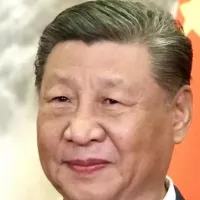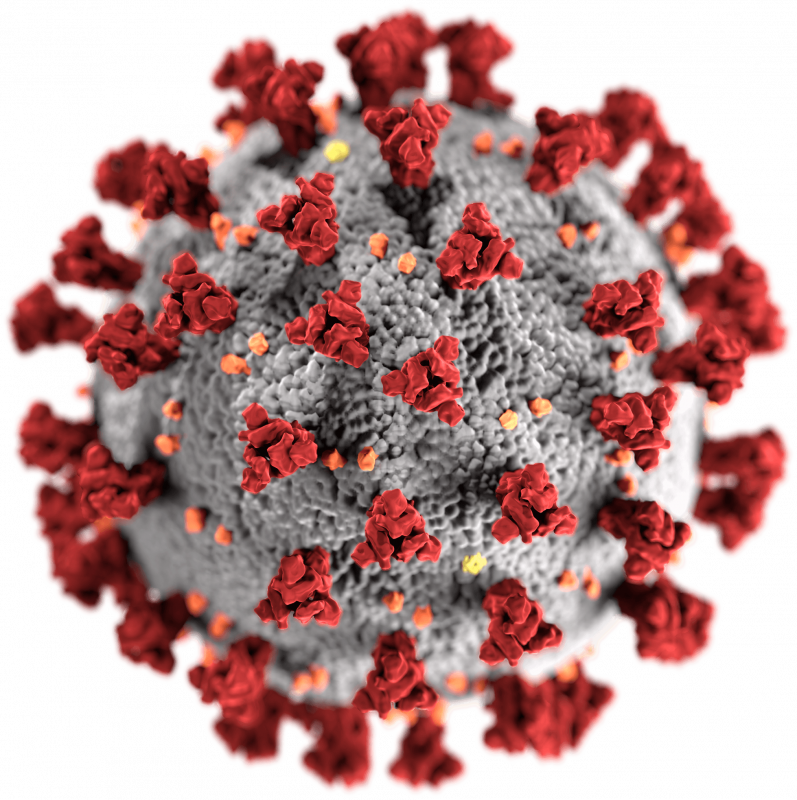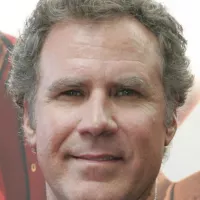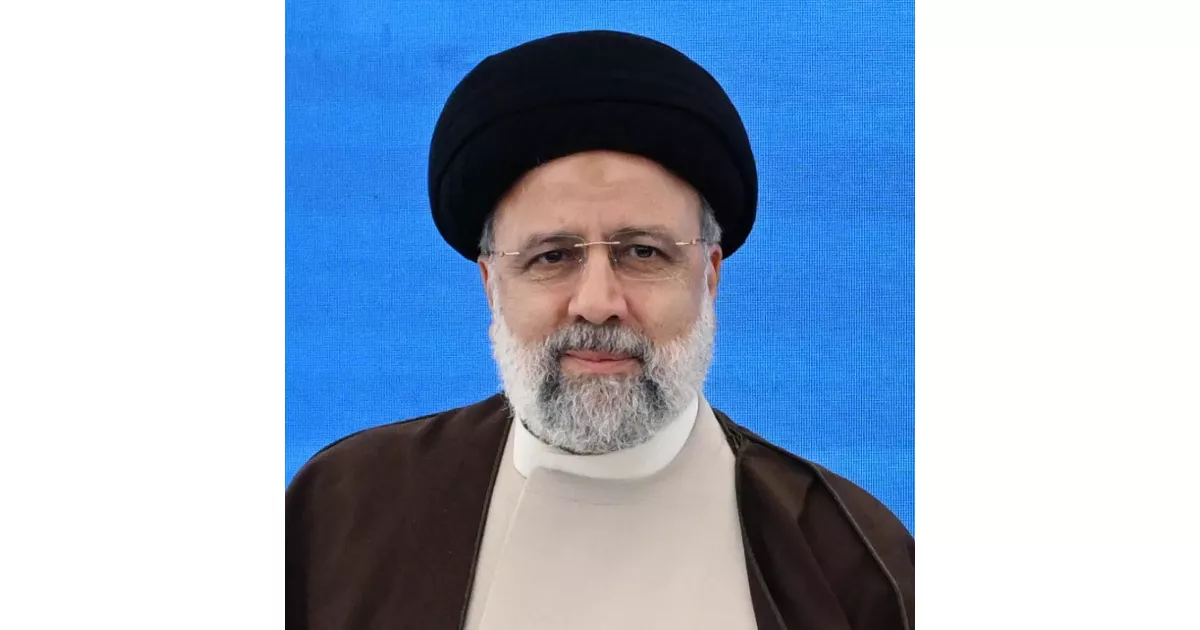Ebrahim Raisi, widely recognized as Ebrahim Raisi, held the position of Iran's eighth president from 2021 until his passing in 2024. His journey began with clerical studies at the age of 15, and he went on to become a Muslim jurist associated with the Principlist faction.
December 1960: Ebrahim Raisi is born
Ebrahim Raisi was born in December 1960 into a clerical family in Mashhad, Iran.
1975: Ebrahim Raisi attends Ayatollah Boroujerdi School
In 1975, Ebrahim Raisi attended Ayatollah Boroujerdi School to further his education in Qom Seminary.
1976: Ebrahim Raisi continues his studies at the Ayatollah Borujerdi school
In 1976, Ebrahim Raisi returned to Qom to continue his education at the Ayatollah Borujerdi school.
1979: Ebrahim Raisi joins the Tehran branch of the "1988 Iran death commission"
Following the 1979 Iranian Revolution, Ebrahim Raisi began working with the Tehran branch of the "1988 Iran death commission".
1981: Ebrahim Raisi is appointed prosecutor of Karaj and Hamadan
Ebrahim Raisi was appointed prosecutor of Karaj in 1981. Later that year, he was appointed prosecutor of Hamadan, serving in both positions simultaneously.
1981: Previous Death of an Iranian President in Office
The May 2024 helicopter crash that killed Ebrahim Raisi was the second time an Iranian president died in office. Mohammad-Ali Rajai, the first, died in a bombing in 1981.
1982: Ebrahim Raisi is appointed prosecutor of Hamedan province
Ebrahim Raisi was appointed prosecutor of Hamedan province in 1982.
1984: Ebrahim Raisi's term as prosecutor of Hamedan province ends
After serving for three years, Ebrahim Raisi's term as prosecutor of Hamedan province ended in 1984.
1985: Ebrahim Raisi is appointed Deputy prosecutor of Tehran
Ebrahim Raisi was appointed Deputy prosecutor of Tehran in 1985.
July 1988: The 1988 executions of Iranian political prisoners begin
On July 19th, 1988, a series of state-sponsored executions of political prisoners began in Iran, lasting for around five months.
August 1988: Ebrahim Raisi participates in the Tehran "death committee" meeting
Ebrahim Raisi was a member of Tehran's "death commission" during the 1988 executions of Iranian political prisoners. In August 1988, a meeting of the Tehran "death committee" took place, in which Raisi participated.
1988: Allegations of Involvement in Mass Executions
Ebrahim Raisi faced serious accusations of involvement in the mass executions of political prisoners in 1988, leading to international calls for investigation and potential legal action.
1988: Defense of Role in 1988 Executions
Ebrahim Raisi maintained that his role in the 1988 Iranian mass executions of political prisoners was something he should be honored for, further fueling controversy surrounding his actions.
1988: Ebrahim Raisi is accused of crimes against humanity
In 1988, the United Nations and other organizations accused Ebrahim Raisi of crimes against humanity for his role in the executions of Iranian political prisoners.
1988: Ebrahim Raisi addresses legal issues in multiple provinces
In early 1988, Ebrahim Raisi was tasked with addressing legal issues in several provinces, including Lorestan, Semnan, and Kermanshah.
1988: Criticism of Raisi's Legacy
Maryam Rajavi, leader of the People's Mojahedin Organization of Iran, criticized Ebrahim Raisi's legacy following his death in May 2024, citing his role in the 1988 executions of Iranian political prisoners. This statement highlights the controversies surrounding Raisi's past actions and their impact on his legacy.
1989: Ebrahim Raisi is appointed Tehran prosecutor
After the death of Khomeini and the election of Ali Khamenei as the new Supreme Leader, Ebrahim Raisi was appointed Tehran prosecutor.
1994: Controversy Surrounding Ahmad Vahidi Nomination
Ebrahim Raisi's nomination of Ahmad Vahidi as Minister of Interior sparked international condemnation due to Vahidi's alleged role in the 1994 AMIA bombing in Buenos Aires.
1994: Ebrahim Raisi is appointed head of General Inspection Office
In 1994, Ebrahim Raisi was appointed head of General Inspection Office.
2006: Ebrahim Raisi is elected to the Assembly of Experts
In 2006, Ebrahim Raisi was elected to the Assembly of Experts for the first time.
2012: Ebrahim Raisi serves as Special Clerical Court prosecutor
From 2012 to 2021, Ebrahim Raisi served as Special Clerical Court prosecutor by order of the Supreme Leader.
2014: Ebrahim Raisi becomes Attorney General of Iran
Ebrahim Raisi served as Attorney General of Iran from 2014 to 2016.
2014: Support for Sex Segregation
In a 2014 interview, Ebrahim Raisi expressed his support for sex segregation, stating that it creates a more relaxed work environment for women.
March 2016: Chairman of Astan Quds Razavi
In March 2016, Ebrahim Raisi became the chairman of Astan Quds Razavi, a position previously held by Abbas Vaez-Tabasi. He was the second person to hold this office since 1979.
2016: Ebrahim Raisi becomes Chairman of Astan Quds Razavi
Ebrahim Raisi resigned from his position as Attorney General to become Chairman of Astan Quds Razavi in 2016.
2016: Ebrahim Raisi resigns as Attorney-General of Iran
Ebrahim Raisi resigned from his position as Attorney-General of Iran in 2016.
2016: Saudi Arabia and Iran Restore Diplomatic Ties
Following secret talks in Beijing brokered by China, Saudi Arabia and Iran agreed to restore diplomatic relations in 2016.
2016: Audio recording of the Tehran "death committee" meeting is released
In 2016, an audio recording of the August 1988 meeting of the Tehran "death committee" was released, revealing Raisi's involvement in the executions.
February 2017: Presidential Nomination
Ebrahim Raisi was named as a presidential candidate by the Popular Front of Islamic Revolution Forces (JAMNA) in February 2017.
April 2017: Official Presidential Candidacy Announcement
On April 6, 2017, Ebrahim Raisi officially announced his presidential candidacy, emphasizing the need for change in the executive management of the country. He registered his candidacy on April 14, 2017.
May 2017: Support from Mohammad Bagher Ghalibaf
In May 2017, conservative candidate Mohammad Bagher Ghalibaf withdrew his candidacy and pledged his support to Ebrahim Raisi's campaign.
2017: Presidential Campaign and Economic Promises
During his 2017 presidential campaign, Ebrahim Raisi pledged to tackle corruption, create six million jobs, and increase monthly state benefits threefold from Rls.450,000 per citizen. He also presented sanctions against Iran as an opportunity for economic growth and self-reliance.
2017: Support for Resistance Economy
In 2017, Ebrahim Raisi advocated for a "resistance economy" as the solution to poverty and deprivation in Iran, promoting the agricultural sector over commercial retail.
2017: Ebrahim Raisi runs for president but loses
In 2017, Ebrahim Raisi ran for president as the candidate of the conservative Popular Front of Islamic Revolution Forces, but lost to the incumbent president Hassan Rouhani.
2018: Ebrahim Raisi speaks about the 1988 killings
During a lecture in 2018, Ebrahim Raisi, then Iran's president, did not deny his presence at the 1988 "death committee" meeting and referred to the killings as "one of the proud achievements of the system".
November 2019: Sanctions by the United States
The United States Department of State imposed sanctions on Ebrahim Raisi in November 2019 for alleged human rights abuses.
2019: End of Term as Chairman of Astan Quds Razavi
In 2019, Ebrahim Raisi's term as chairman of Astan Quds Razavi came to an end.
2019: Identified as Potential Successor to Supreme Leader
In 2019, Saeid Golkar of Al Jazeera named Ebrahim Raisi as the most likely successor to Ayatollah Ali Khamenei as the Supreme Leader of Iran. This perspective solidified Raisi's position as a prominent figure in Iranian politics.
2020: Continued Speculation as Potential Successor
Dexter Filkins, in 2020, highlighted Ebrahim Raisi as a frequently mentioned potential successor to Ayatollah Ali Khamenei, further emphasizing Raisi's rising influence and the anticipation surrounding the Supreme Leader's eventual succession.
2020: Comparison of Funeral Turnout to Qassem Soleimani's Funeral
While the funeral processions for Ebrahim Raisi in 2024 drew hundreds of thousands of mourners in Tehran, the turnout was notably lower than that of Iranian Revolutionary Guard general Qassem Soleimani's funeral in 2020. This contrast highlights the significant impact and public image of Soleimani.
February 2021: Increase in COVID-19 Vaccine Imports
Since Ebrahim Raisi assumed office, there has been a significant surge in COVID-19 vaccine imports. More than 30 million doses were imported in the Iranian month of Shahrivar, surpassing the total imports since February 2021.
August 2021: Inauguration as President of Iran
Ebrahim Raisi officially became the president of Iran on August 3, 2021, following his appointment by Supreme Leader Ali Khamenei. He was sworn in on August 5th, outlining his government's goals and priorities.
2021: Ebrahim Raisi is elected president of Iran
Ebrahim Raisi ran for president for a second time in 2021 and won, succeeding Rouhani.
2021: Ebrahim Raisi is appointed President by Supreme Leader Ali Khamenei
Ebrahim Raisi was appointed President by Supreme Leader Ali Khamenei in 2021.
2021: Ebrahim Raisi Wins Presidential Election
Ebrahim Raisi won the 2021 Iranian presidential election, securing 63% of the votes with a 48.8% turnout. The election was considered by many observers to be rigged in Raisi's favor.
2021: Ebrahim Raisi finishes serving as Special Clerical Court prosecutor
Ebrahim Raisi's term as Special Clerical Court prosecutor ended in 2021.
2021: Ebrahim Raisi becomes the eighth president of Iran
In 2021, Ebrahim Raisi became the eighth president of Iran.
2021: Call for Arrest at Climate Conference
There was a formal request to arrest Ebrahim Raisi for crimes against humanity if he attended the 2021 United Nations Climate Change Conference in Scotland.
2022: Large-scale protests erupt in Iran
In late 2022, large-scale protests broke out across Iran following the death of Mahsa Amini on September 16th.
February 2023: Visit to China and Cooperation Agreements
From February 14-17, 2023, Ebrahim Raisi visited China and met with Chinese leader Xi Jinping. The two countries signed 20 cooperation agreements and committed to strengthening their relations.
December 2023: Cancellation of Geneva Trip
Ebrahim Raisi canceled a planned trip to Geneva in December 2023 due to accusations of his involvement in the torture and murder of prisoners in 1988, which could have led to his arrest.
May 2024: Ebrahim Raisi dies
Ebrahim Raisi died in May 2024.
May 2024: Death in Helicopter Crash
Ebrahim Raisi, a frontrunner to succeed Ayatollah Ali Khamenei as Supreme Leader according to Time magazine, died in a helicopter crash in May 2024. His untimely death abruptly ended his political aspirations and potential candidacy for the Supreme Leader position.
Mentioned in this timeline
Ukraine is a large country in Eastern Europe second in...
Saudi Arabia officially the Kingdom of Saudi Arabia KSA is...

Xi Jinping is the paramount leader of China holding the...
China officially the People's Republic of China PRC is an...
Hamas is a Sunni Islamist Palestinian nationalist political organization with...

COVID- vaccines are designed to provide immunity against SARS-CoV- the...
Trending
2 months ago Ali Larter & Michelle Randolph React to 'Landman' Characters' Arrest

Matthew Perry - was an American and Canadian actor and comedian renowned for his role as Chandler Bing in the...
2 months ago Charlotte McKinney: Carl's Jr. Fame to Comedy, Challenges Haters present Career Obstacles.
Jessica Williams is an American actress and comedian recognized for her versatile performances across various media She gained prominence as...

6 months ago SNL Almost Cancelled: Will Ferrell's 'More Cowbell' Saved Show, According to SNL50 EP.
The Brooklyn Nets are a professional basketball team based in Brooklyn New York City They compete in the NBA as...
Popular

Thomas Douglas Homan is an American law enforcement officer who...

William Franklin Graham III commonly known as Franklin Graham is...

Jupiter is the fifth and largest planet from the Sun...

XXXTentacion born Jahseh Dwayne Ricardo Onfroy was a controversial yet...

Kristi Noem is an American politician who has served as...

Instagram is a photo and video-sharing social networking service owned...
